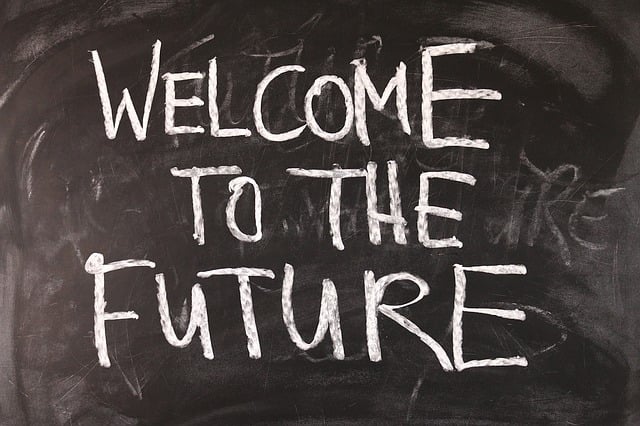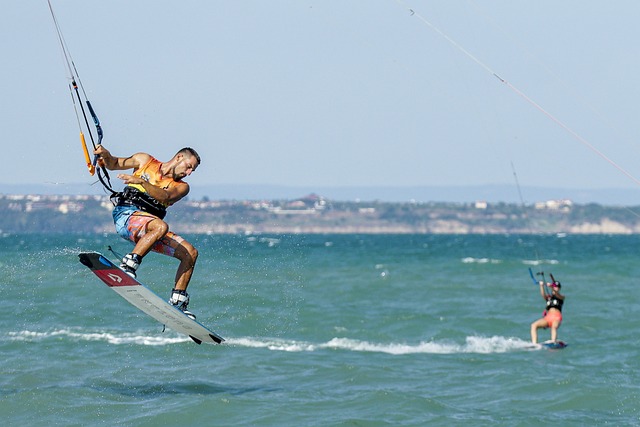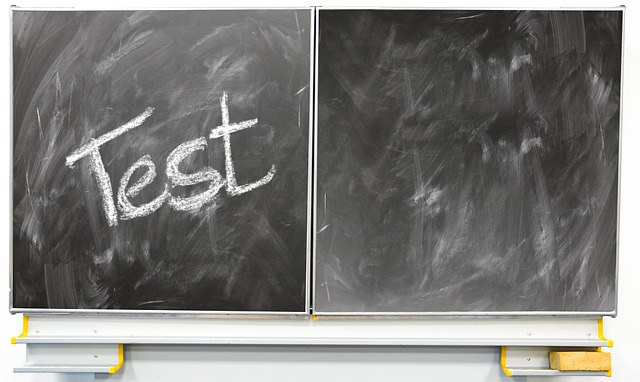Category: Agape Boarding School Abuse
Agape Boarding School Abuse: An In-Depth Analysis
Introduction
In the realm of education, boarding schools have long been a cornerstone of secondary and tertiary learning, offering students a unique blend of academic rigor and communal living. However, within this seemingly idyllic setting, a dark underbelly has emerged, casting a shadow over the educational experience: Agape Boarding School Abuse. This phenomenon encompasses a range of malicious practices and behaviors that exploit, harm, and manipulate vulnerable young people in boarding schools worldwide. The term ‘Agape’ here, often used to describe love or compassion, is ironically distorted to mask underlying abusive patterns. This article aims to dissect this complex issue, exploring its various facets, global implications, and the potential for positive change. By delving into these depths, we can foster a better understanding of how to protect and support at-risk students while advocating for systemic reforms.
Understanding Agape Boarding School Abuse: Unveiling the Layers of Complexity
Agape Boarding School Abuse is an umbrella term describing intentional mistreatment and exploitation within residential educational institutions. It encompasses a spectrum of abusive behaviors, including physical, emotional, sexual, and psychological assault, as well as neglect and manipulation. This form of abuse often stems from power imbalances between students and authorities, taking advantage of the controlled environment and the dependency that boarding school life fosters.
Core Components:
- Physical Abuse: Involves any non-consensual physical harm, ranging from corporal punishment to assault, inflicted by staff or peers.
- Emotional Abuse: Includes verbal aggression, belittling, humiliation, isolation, and manipulation, designed to erode a student’s self-esteem.
- Sexual Abuse: A grave concern, encompassing inappropriate sexual advances, exploitation, and any form of non-consensual sexual activity involving students.
- Neglect: Refers to the deliberate absence of care, support, or protection, leading to physical, emotional, or educational neglect.
- Manipulation: Using manipulative tactics like guilt trips, threats, or control over resources to coerce and exploit students.
Historical Context:
The history of boarding schools is intertwined with colonial and elite education systems, where the privileged sent their children to distant institutions for a rigorous education. Over time, these schools evolved, but some retained hierarchical structures that inadvertently facilitated abuse. In recent years, increasing awareness of child protection issues and the prevalence of online reporting have brought Agape Boarding School Abuse into the spotlight, prompting investigations and reforms.
Global Impact and Trends: A Worldwide Concern
The phenomenon of Agape Boarding School Abuse transcends geographical boundaries, affecting students across diverse cultures and socio-economic backgrounds. Here’s a global snapshot:
| Region | Impact and Trends |
|---|---|
| North America | The US and Canada have witnessed numerous high-profile cases, leading to stringent regulations and increased oversight. Online platforms facilitate reporting, but also pose new challenges in verifying and addressing allegations. |
| Europe | European countries, particularly those with a strong boarding school tradition, are seeing growing awareness and legal reforms. The UK’s Independent Schools Council has implemented stricter welfare policies, yet issues persist, especially in remote schools. |
| Asia | Boarding schools in Asia, from India to Japan, grapple with cultural norms that sometimes clash with modern child protection standards. Rapidly growing private boarding schools lack regulatory oversight, making them vulnerable to abuse. |
| Africa | The continent’s unique challenges, including political instability and poverty, contribute to the rise of informal boarding schools, which are often ill-equipped to prevent or address abuse. |
| Oceania | Australia and New Zealand have established robust reporting mechanisms and support services for victims, but ongoing concerns remain regarding remote indigenous communities. |
Economic Considerations: The Financial Side of Abuse
The economic implications of Agape Boarding School Abuse are far-reaching, impacting both institutions and society at large.
Market Dynamics:
- Boarding schools operate as a significant segment within the global education market, generating substantial revenue from tuition fees, scholarships, and donations.
- The reputation and prestige associated with these schools can attract wealthy families, ensuring a steady stream of high-paying students.
- However, the presence of abuse can lead to negative publicity, causing enrollment numbers and donor contributions to plummet.
Investment Patterns:
- Many boarding schools rely on endowments and investments for financial stability and expansion.
- Cases of institutional abuse have prompted donors and investors to scrutinize their choices, potentially leading to a reallocation of funds.
- Some educational foundations are now mandating rigorous due diligence processes to identify and mitigate potential risks.
Economic Systems and Social Impact:
- The economic loss stemming from abuse can be significant, affecting not only the affected students but also their families and communities.
- Victims may face long-term psychological trauma, leading to reduced educational attainment and lower future earnings potential.
- Society as a whole bears the burden of these adverse outcomes, including increased healthcare costs and reduced productivity.
Technological Advancements: Digital Tools for Prevention and Support
Technology plays a dual role in the context of Agape Boarding School Abuse, offering both potential solutions and new challenges.
Prevention and Reporting:
- Online platforms and anonymous reporting apps provide students with digital safe spaces to document and share their experiences without fear of retaliation.
- Social media campaigns raise awareness, encourage discussions, and foster a culture of support and accountability.
- Advanced AI-driven algorithms can analyze online behavior patterns to identify potential victims, although ethical considerations around privacy must be addressed.
Support Services:
- Telehealth and online counseling platforms offer accessible mental health services, especially valuable in remote or rural schools.
- Virtual reality (VR) interventions are being explored for trauma-informed care, allowing students to process experiences in a safe digital environment.
- Digital resources provide educational support for victims, helping them stay on track academically while recovering from abuse.
Challenges:
- The dark web and encrypted messaging apps can serve as channels for abusers to facilitate and conceal their activities.
- Online bullying and harassment related to abuse allegations pose additional risks to victims and whistleblowers.
- Ensuring the effectiveness of digital interventions requires addressing digital literacy gaps, especially among at-risk populations.
Systemic Reforms: Breaking the Cycle of Abuse
Addressing Agape Boarding School Abuse necessitates a multi-faceted approach that involves educational institutions, governments, and communities.
Legal and Regulatory Frameworks:
- Many countries are updating laws to explicitly address boarding school abuse, setting clear guidelines for prevention, reporting, and accountability.
- Regulations should mandate thorough staff screening, regular training on child protection, and robust oversight mechanisms.
- Legal protections for whistleblowers and victims are crucial to encourage reporting without fear of reprisal.
Education and Training:
- Schools must promote a culture of respect, consent, and emotional intelligence through comprehensive sex education, anti-bullying programs, and mindfulness training.
- Staff should receive specialized training on recognizing and responding to abuse, with regular refresher courses.
- Peer support networks can foster an environment where students feel comfortable discussing issues and seeking help.
Community Engagement:
- Local communities play a vital role in monitoring and supporting boarding schools. Parents, teachers, and community leaders can work together to establish robust reporting systems and support services.
- Parent associations and school governing bodies should actively engage in oversight, promoting open communication and addressing concerns promptly.
- Community-based organizations can provide counseling, legal aid, and advocacy for victims and their families.
Research and Data Collection:
- Investing in research is essential to gain a deeper understanding of the prevalence, patterns, and underlying causes of Agape Boarding School Abuse.
- Aggregating data from various sources, including schools, law enforcement, and support services, can inform evidence-based policies and interventions.
- Longitudinal studies tracking students’ experiences can help identify at-risk groups and effective prevention strategies.
Conclusion: Cultivating Safe Havens for Learning
Agape Boarding School Abuse is a complex and pervasive issue that demands immediate attention and concerted action. By recognizing the global scope and multifaceted nature of this problem, we can develop more robust solutions tailored to specific cultural and educational contexts. The journey towards safer boarding schools involves systemic reforms, technological innovations, and a collective commitment to prioritizing student welfare.
As awareness continues to grow, it is crucial to translate conversations into meaningful action. This includes supporting victims, holding abusers accountable, and fostering an environment where learning is not only about academic excellence but also about personal growth, resilience, and mutual respect. Together, we can cultivate safe havens where young minds can thrive, free from the shadows of abuse.
Supporting Agape Boarding School Abuse Survivors & Justice

Agape Boarding School Abuse has profound emotional consequences, affecting survivors and families wi…….
Agape Boarding School Abuse: Legal Updates and Survivor Rights

Agape Boarding School abuse highlights complex issues ranging from physical to sexual misconduct, of…….
Unraveling Agape Boarding School Abuse: Victims’ Voices and Legal Battles
Unveiling Agape’s Dark Secrets: Abuse Victims Speak Out
Uncovering Abuse: Holding Agape Boarding School Accountable

Unveiling past abuse at Agape Boarding School is crucial for accountability and justice. Survivors s…….
Seeking Justice: Healing from Agape Boarding School Abuse

Survivor accounts and research reveal decades of physical, emotional, and sexual abuse at Agape Boar…….
Agape Boarding School Abuse: Unveiling Survivors’ Stories and Justice

Established in 1974, Agape Boarding School has faced intense scrutiny due to Agape Boarding School a…….
Unmasking Agape Boarding School: Victims’ Voices and Justice Seeked

Unveiling dark secrets within Agape Boarding School is vital for justice and student safety, given y…….
Survivors Seek Justice: Uncovering Agape Boarding School Abuse

In late 20th century, dark secrets of Agape Boarding School revealed disturbing history of abuse. Su…….


